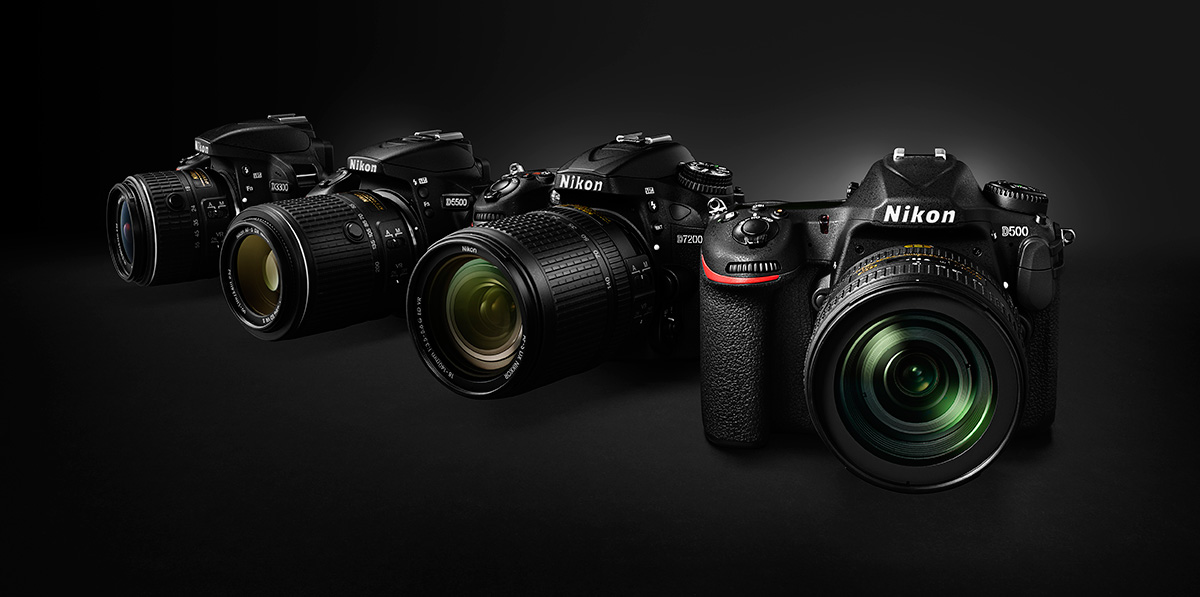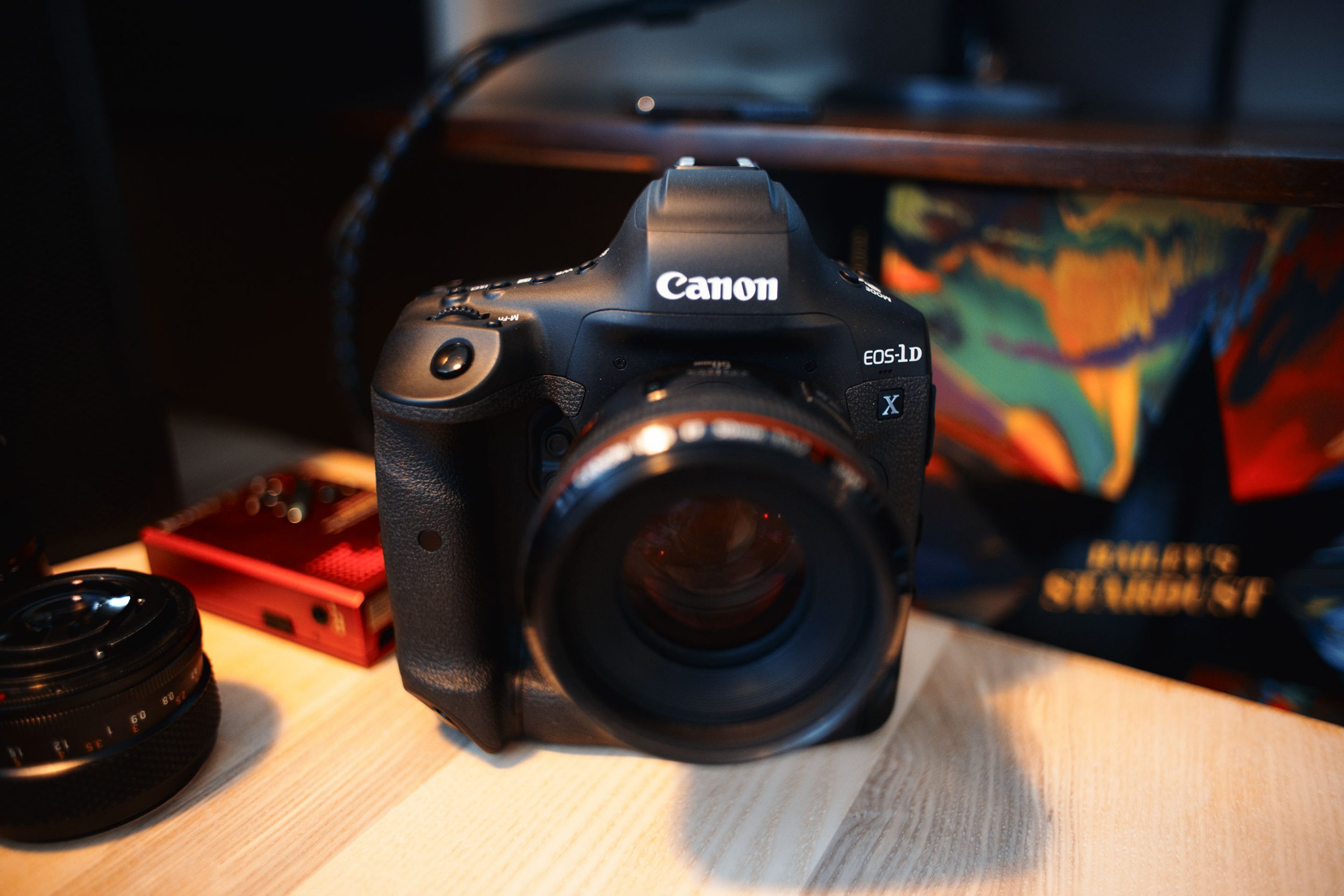- Joined
- Feb 23, 2016
- Messages
- 20,698
- Likes
- 37,434
It's happening much faster than I would have thought only a few years ago. It's near certain Nikon will not announce a new DSLR or F mount lens ever again.

Report: Nikon to stop making DSLR cameras, withdraws from SLR development after 60 years of history - Nikon Rumors
Today Nikkei reported that Nikon will stop making DSLR cameras and withdraws from SLR cameras development after 60 years of history. Nikon quickly came out with a press release calling the report “speculation” and denying the rumors: “There was a media article regarding Nikon’s withdrawal of SLR...
 nikonrumors.com
nikonrumors.com
They already said so. This is one of dozens that reported the same info.
Canon said so first.

Canon officially discontinue entire DSLR range, 1D X Mark III to cease production - EOSHD.com - Filmmaking Gear and Camera Reviews
The optical viewfinder and EF mount is officially dead. An opportunity for Pentax to take over a niche market? In an interview with the Japanese press (https://www.yomiuri.co.jp/economy/20211228-OYT1T50000/), CEO Fujio Mitarai says the 1D X Mark III will be the final Canon DSLR in production...
 www.eoshd.com
www.eoshd.com
So far it wasn't the smartphone that killed off the DSLR, it is mirrorless cameras.

